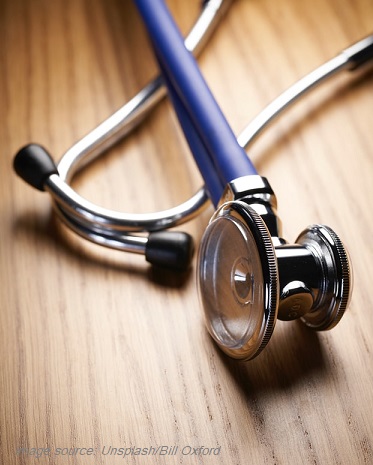Yesterday, over 200 medical journals worldwide, including the New England Journal of Medicine, the British Medical Journal, and the Lancet, published the same editorial calling for emergency action on climate, with action centered on equity. This urgent action is needed to keep global temperature rise to 1.5C, halt the destruction of nature, and protect health. This action needs to happen at upcoming global meetings in Kunming and Glasgow.
The authors noted that there are plenty of promises and targets, but that the targets do not include health considerations. Most importantly, they state there are insufficient plans and even less action towards trying to meet the pledges and targets.
The authors write that health professionals have been pointing out for decades that health is already being harmed by global temperature rise and a global temperature rise above 1.5C and the loss of biodiversity will be catastrophic to health. The wealthy countries of the world have made the most greenhouse gases (GHG) that are in the air now, and therefore have the responsibility to do the most to address the emergency.
Already, heat related mortality in those over 65 has risen by more than 50% in the last 20 years. People are experiencing dehydration, kidney damage, infections, adverse mental health outcomes, pregnancy complications, allergies, and heart and lung disease and deaths.
In addition, global crop yields have fallen by 2-5% since 1981.
They note that the consequences of the climate emergency are falling disproportionately on communities and countries that have contributed the least, and are least able to do anything to address the harm. Wealthy nations have created most of the GHG that are in the air now, and are still making more GHG. The economic boom that came from a system that relied on fossil fuels and GHG to produce goods, also allows wealthy nations to have the resources to do more.
The authors state that the insufficient actions of many countries, financial insitutions, and businesses could lead to a global temperature rise over 2C, which would be catastrophic for health. They are very concerned that this catastrophic temperature rise is becoming inevitable or even acceptable.
The authors state that health professionals reject this outcome as inevitable, and are united with scientists and businesses in saying this. They say more can and should be done now. It must be done equitably, with wealthier countries contributing their fair share by cutting emissions more now.
They note that we found unprecedented funding to address the Covid pandemic, and we need to find unprecedented funding to address the climate emergency.
Read the editorial in the NEJM.
Read the list of journals publishing the editorial.
09/07/2021





